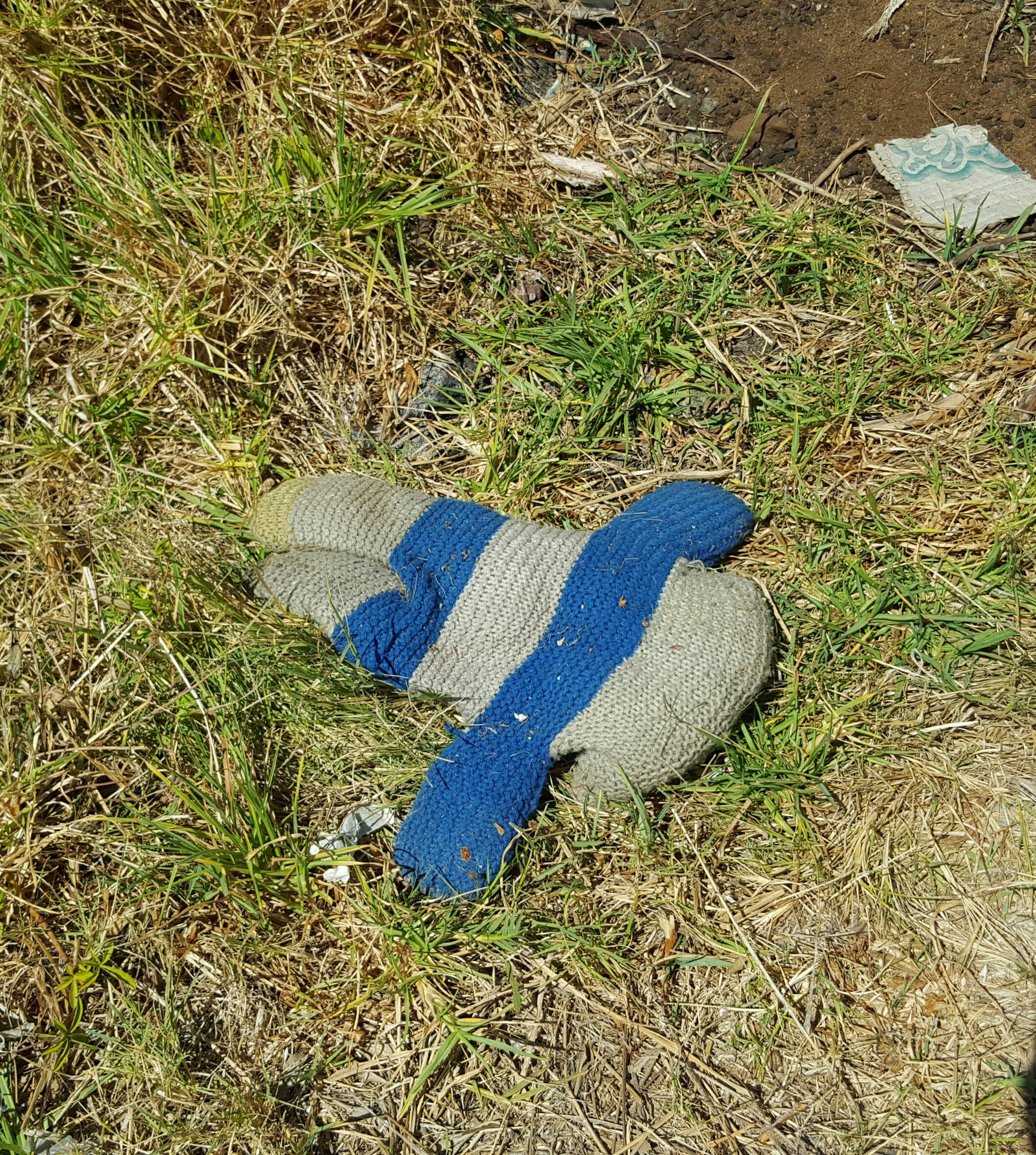On Wednesday afternoon, 22 February, tension in Muizenberg reached its peak, after several weeks of reports from the community, who were both concerned, and frustrated, about children living on the streets in the area. Reports indicated that the children were displaying behavioural patterns that put them at risk of becoming dependent on substance abuse in the long term. It was also reported that some of the children were aggressively harassing residents and visitors.
MID Social Worker, Marion Thomas, was alerted to the concerns, and urgent contact with the Department of Social Development (DSD) Metro South and a request was made for emergency intervention. A team was mobilized and at 22h30, the team of 6 DSD Social Development officials, 3 MID Public Safety Patrollers, MID Social Development Director, Kevin Rack and Marion Thomas, conducted the critical intervention.
Nine boys were found at the identified location. All of them suffering from self-induced substance abuse. They willingly went with the Social Development team to be assessed and interviewed at a neutral venue in Muizenberg. However, the effects of their substance abuse became more apparent as they fluctuated between feelings of passivity, euphoria, paranoia, sadness and happiness.
Each child was interviewed and assessed – not without some operational and procedural challenges along the way. There were times when the children showed signs of fear and required reassurance that they were safe. They also showed signs of mild aggression and required calm containment by the social work team. The team involved, carried out their responsibilities with the highest level of professionalism that ensured the best interests of the children were always a priority.
Seven of the nine children were placed at Lindelani’s after-hours place of safety after 02h00 on the morning of 23 February. They have all subsequently been placed by the courts into rehabilitation programmes that will assist them in dealing with their substance abuse. The other two boys were taken home and one has been involved with a local youth programme, where he is flourishing.
It has been agreed that this intervention should never have taken so long to be acted upon. The reality of the situation is that it did, and it has been a learning curve for everyone involved.
MID’s Social Worker, Marion Thomas explains: “The system in which social workers, from the Department of Social Development (DSD), operate is often restrictive in practice. The bureaucratic red tape that requires intervention to be carried out is too frustrating to try and explain. Couple this with the reality that faces many of the children who have opted to live on the streets, makes it a very hot topic.”
She continues to add that the reasons for leaving home vary from child-to-child. Many come from single-parent households, poverty-stricken areas, gang-infested communities and lack of educational opportunities. Many are not in school because the classrooms are overcrowded and learning difficulties are overlooked, as educators have to control crowds rather than teach.
Children have often informed her that the reason they left school was because they were being bullied. As a result, they turn to the street where they can find a community of children who accept them regardless of their circumstances. Those who have ill intentions, use these children in all sorts of petty crimes as they prey upon their vulnerabilities.Domestic violence plays a big part in the reasons for these children not wanting to be at home too.
Public perception is often that the parents don’t care about these children, however this is not always the case. The difficulties faced by parents, in their communities, cause them to plead with family and community members to assist because the behaviour of their children is unmanageable. Their pleas often fall on deaf ears. Instead, they are judged for being bad parents. They feel hopeless and turn to the DSD for assistance and guidance.
The mothers of the boys who were removed from the street in February have been overwhelmed with gratitude that their children are finally being assisted. These mothers have since started a weekly support group in their community to build their strength together for when their children return home. They are reassured in knowing that they have access to the support and counselling services of the MID social development programme, and regularly keep the social worker updated.
These mothers care. They are also part of a system that has previously not always assisted them in the manner in which they needed. They have now been given hope. Hope that their children’s futures may take a different turn.
The MID has since had an urgent meeting with the Robert Macdonald, Head of Social Development, Western Cape and his team, to address the concerns of access to intervention services and support for children and families living in and around the MID area. Current discussions are underway to develop a working partnerships to work towards addressing these concerns.
The MID extends gratitude to everyone involved in this successful intervention.
How can you assist?
It is important to understand that children faced with life on the street have chosen this because of the circumstances from which they come. We cannot forget that they are still vulnerable children and thus require protection from the ills that plague street life.
MID Social Development Director, Kevin Rack advises the community to consider the following when addressing the issues of street children:
• NEVER give money to children on the street, instead seek out local organizations who work with children – they will welcome a donation in order to make sure help is provided in a sustainable way.
• If you come across a child in need of care and protection then try to find out as much information as possible about the child and contact the MID Social Worker at socialwork@mid.org.za.

